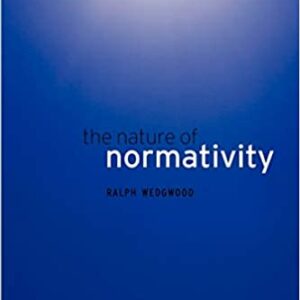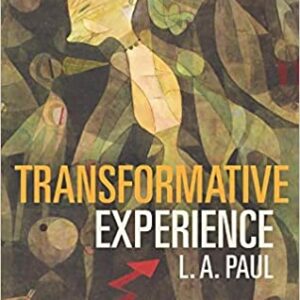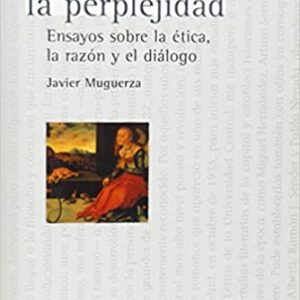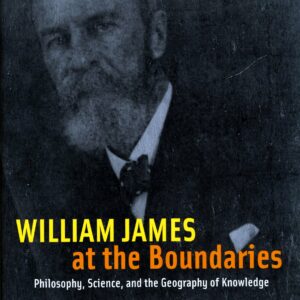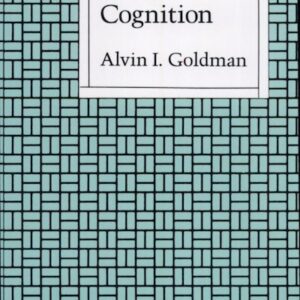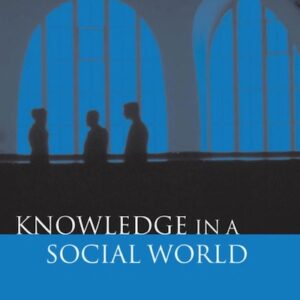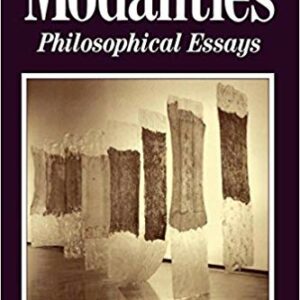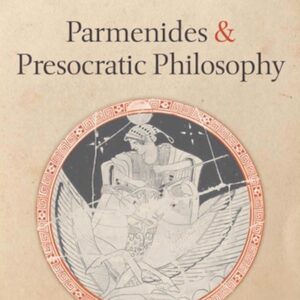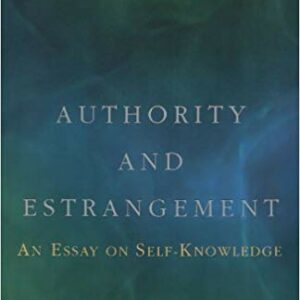
Authority and Estrangement: An Essay on Self-Knowledge
By Richard Moran (NHC Fellow, 1994–95) Since Socrates, and through Descartes to the present day, the problems of self-knowledge have been central to philosophy’s understanding of itself. Today the idea of ”first-person authority” — the claim of a distinctive relation each person has toward his or her own mental life — has been challenged from a number of directions, … Continued
